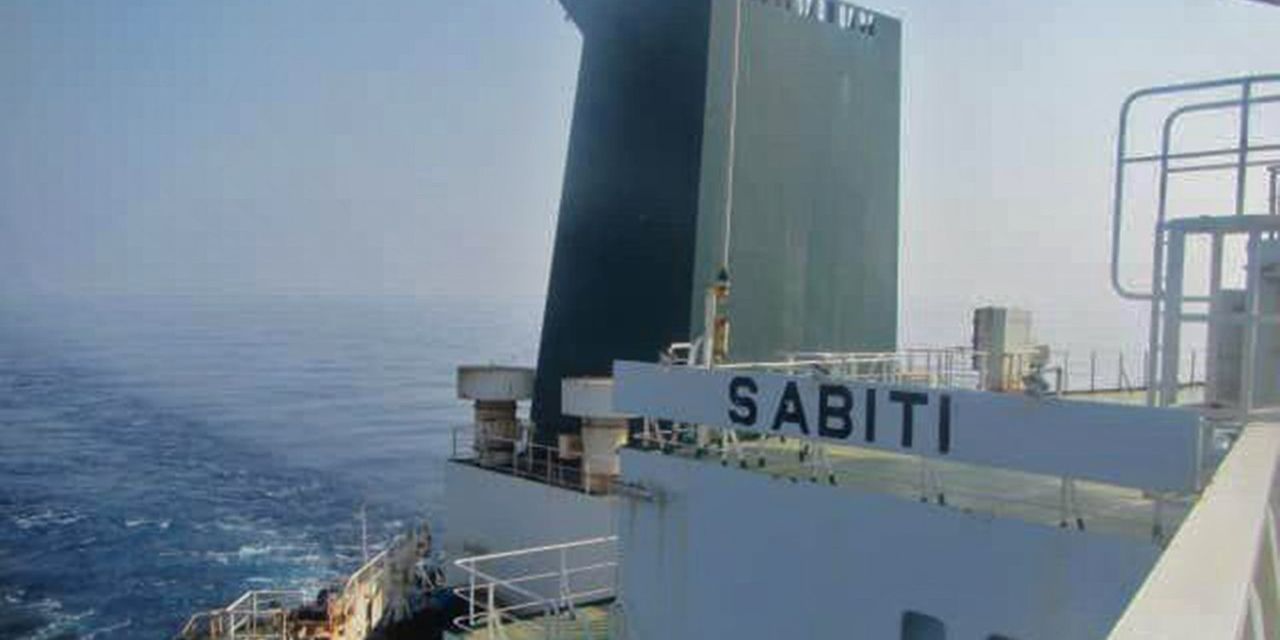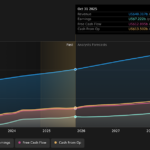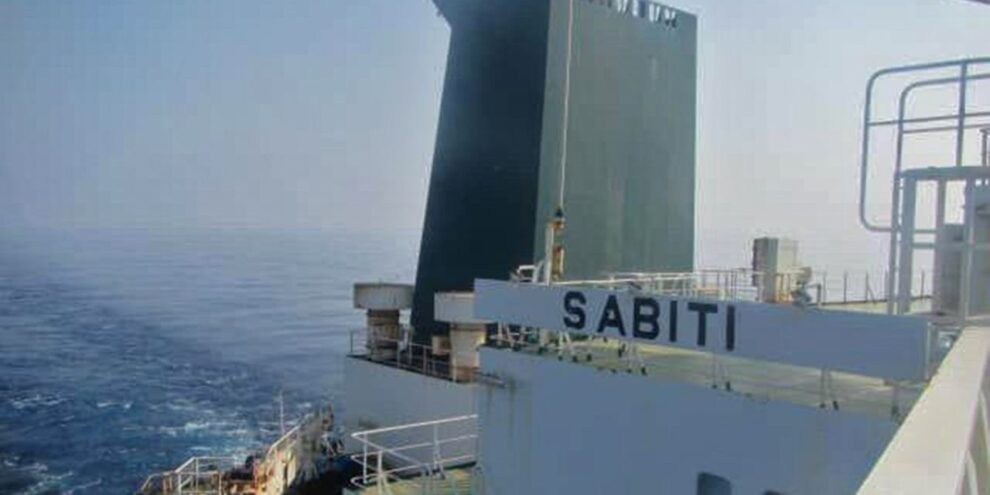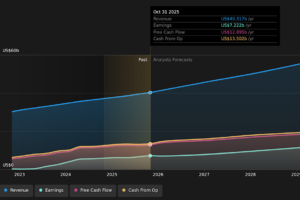
Oil on Thursday touched highs above $100 a barrel, but settled well below the day’s peak, as growing prospects for an Iran nuclear deal that would allow more oil into the global market helped to blunt the rally sparked by Russia’s invasion on Ukraine.
The biggest downside risk to prices is “more talk that an Iran [nuclear] deal is imminent,” even though the market “may be ultimately disappointed with what Iran can offer” in terms of its ability to add to global oil supplies, Phil Flynn, senior market analyst at The Price Futures Group, told MarketWatch.
The U.S. and Iran have been holding indirect talks, alongside other world powers, to reinstate the 2015 Joint Comprehensive Plan of Action. The deal was put in place to set limits on Iran’s nuclear program in exchange for relieving sanctions on Tehran, but the Trump administration withdrew the U.S. from the deal in 2018.
Speculation that Iran and the U.S. and other world powers are close to a deal have intensified in recent days.
Iran’s top nuclear negotiator Ali Bagheri Kani tweeted Thursday that “being near the finish line is no guarantee to crossing” it, and said to “finish the job, there are certain decisions that our Western interlocutors need to take.” On Feb. 16, he had tweeted that after weeks of intensive talks “we are closer than ever to an agreement,” though “nothing is agreed until everything is agreed.”
Also, on Tuesday Enrique Mora, the deputy secretary-general and political director of the European Union, tweeted that the talks are at a “crucial moment,” nearing the end after 10 months of negotiations. He said the result is still uncertain and that key issues still need to be fixed, but “all delegations are fully engaged.”
The secretary of Iran’s Supreme National Security Council, Ali Shamkhani, said in a tweet Thursday that a “good deal is possible because of significant progress in the talks, largely due to Iranian initiatives,” according to a report from the Islamic Republic News Agency.
“An agreement with Tehran over nuclear power would lead to an easing of U.S. sanctions on Iranian oil exports, potentially adding more than 1 million [barrels per day] of oil to the global oil market,” Brian Milne, editor and product manager at DTN, told MarketWatch earlier this week.
“While this would be a bearish development for global oil prices, oil sanctions are not expected to end immediately,” he said. Russian crude exports are at more than 5 million barrels per day, so “more Iranian oil barrels on the world oil market would not sufficiently offset lost Russian supplies amid a disruption to the country’s exports.”
Russia launched a full-scale invasion of Ukraine early Thursday and the U.S. announced additional sanctions against the country. The sanctions did not include a delisting of Russian banks from the SWIFT payment network, which analysts have said would disrupt crude exports.
Read: Why Russia’s invasion of Ukraine could lift oil prices to a 14-year high
On Thursday, April West Texas Intermediate crude CLJ22, +0.98% settled up 0.8% at $92.81 a barrel, after hitting a high at $100.54. April Brent BRNJ22, +0.07% rose 2.3% to settle at $99.08 a barrel, the highest front-month contract finish since September 2014.
Read: Ukraine invasion sends wheat, corn and oil soaring because Russia is a ‘commodity superstore’











